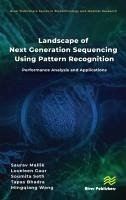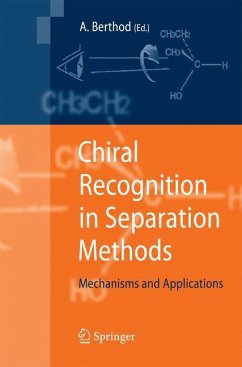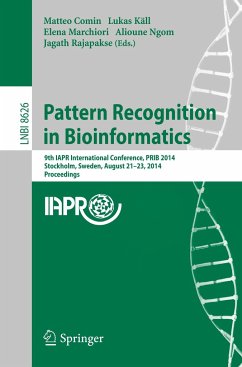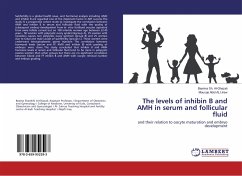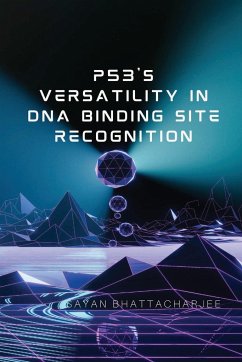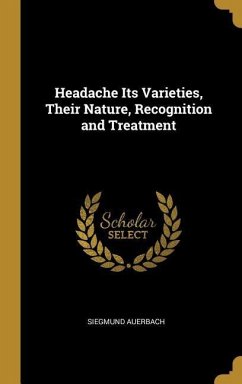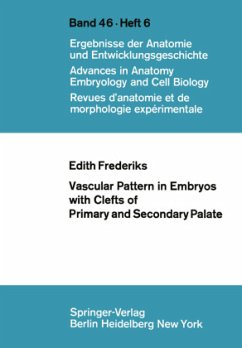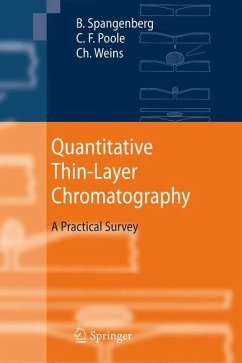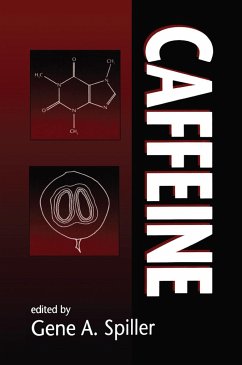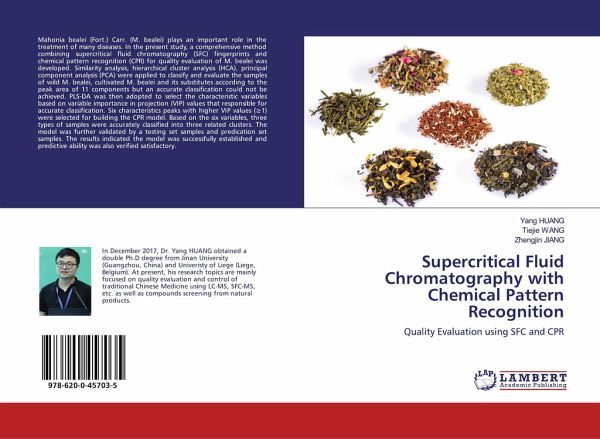
Supercritical Fluid Chromatography with Chemical Pattern Recognition
Quality Evaluation using SFC and CPR
Versandfertig in 1-2 Wochen
26,99 €
inkl. MwSt.

PAYBACK Punkte
13 °P sammeln!
Mahonia bealei (Fort.) Carr. (M. bealei) plays an important role in the treatment of many diseases. In the present study, a comprehensive method combining supercritical fluid chromatography (SFC) fingerprints and chemical pattern recognition (CPR) for quality evaluation of M. bealei was developed. Similarity analysis, hierarchical cluster analysis (HCA), principal component analysis (PCA) were applied to classify and evaluate the samples of wild M. bealei, cultivated M. bealei and its substitutes according to the peak area of 11 components but an accurate classification could not be achieved. ...
Mahonia bealei (Fort.) Carr. (M. bealei) plays an important role in the treatment of many diseases. In the present study, a comprehensive method combining supercritical fluid chromatography (SFC) fingerprints and chemical pattern recognition (CPR) for quality evaluation of M. bealei was developed. Similarity analysis, hierarchical cluster analysis (HCA), principal component analysis (PCA) were applied to classify and evaluate the samples of wild M. bealei, cultivated M. bealei and its substitutes according to the peak area of 11 components but an accurate classification could not be achieved. PLS-DA was then adopted to select the characteristic variables based on variable importance in projection (VIP) values that responsible for accurate classification. Six characteristics peaks with higher VIP values (¿1) were selected for building the CPR model. Based on the six variables, three types of samples were accurately classified into three related clusters. The model was further validated by a testing set samples and predication set samples. The results indicated the model was successfully established and predictive ability was also verified satisfactory.



